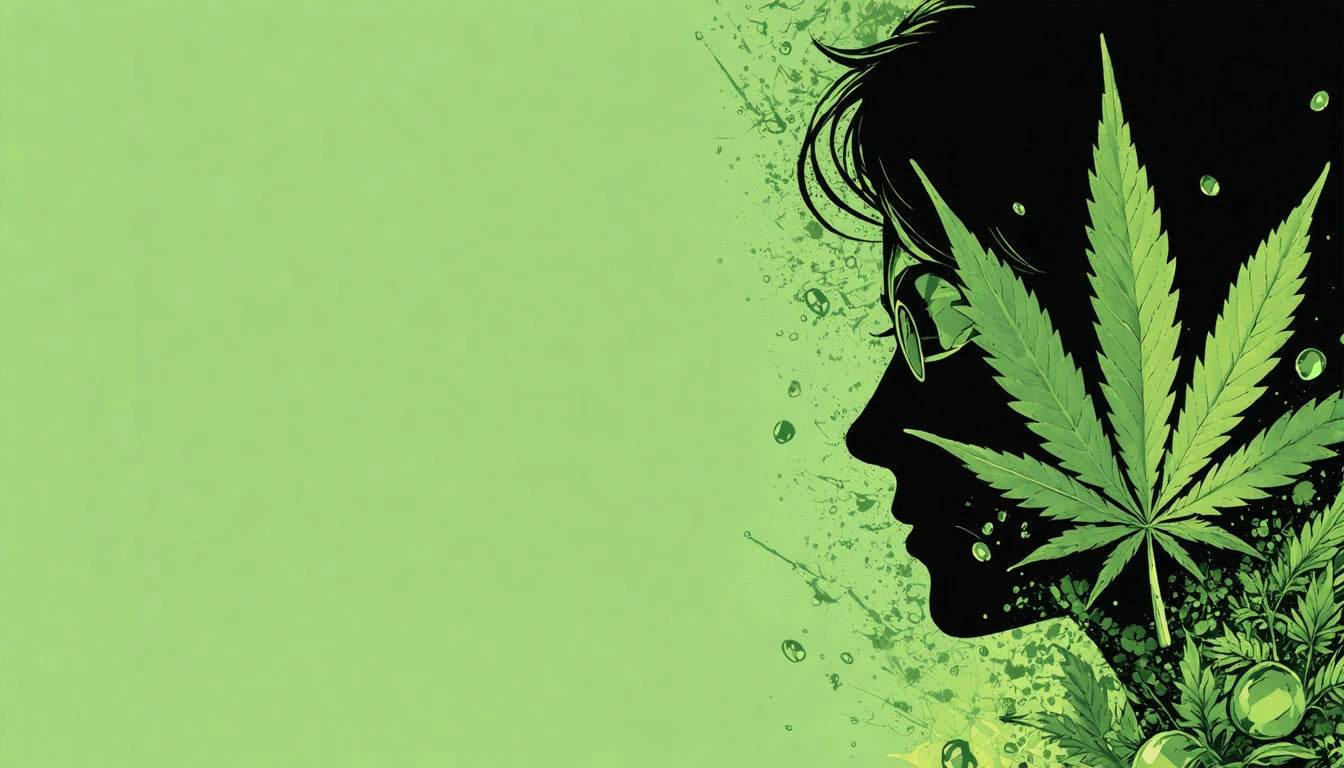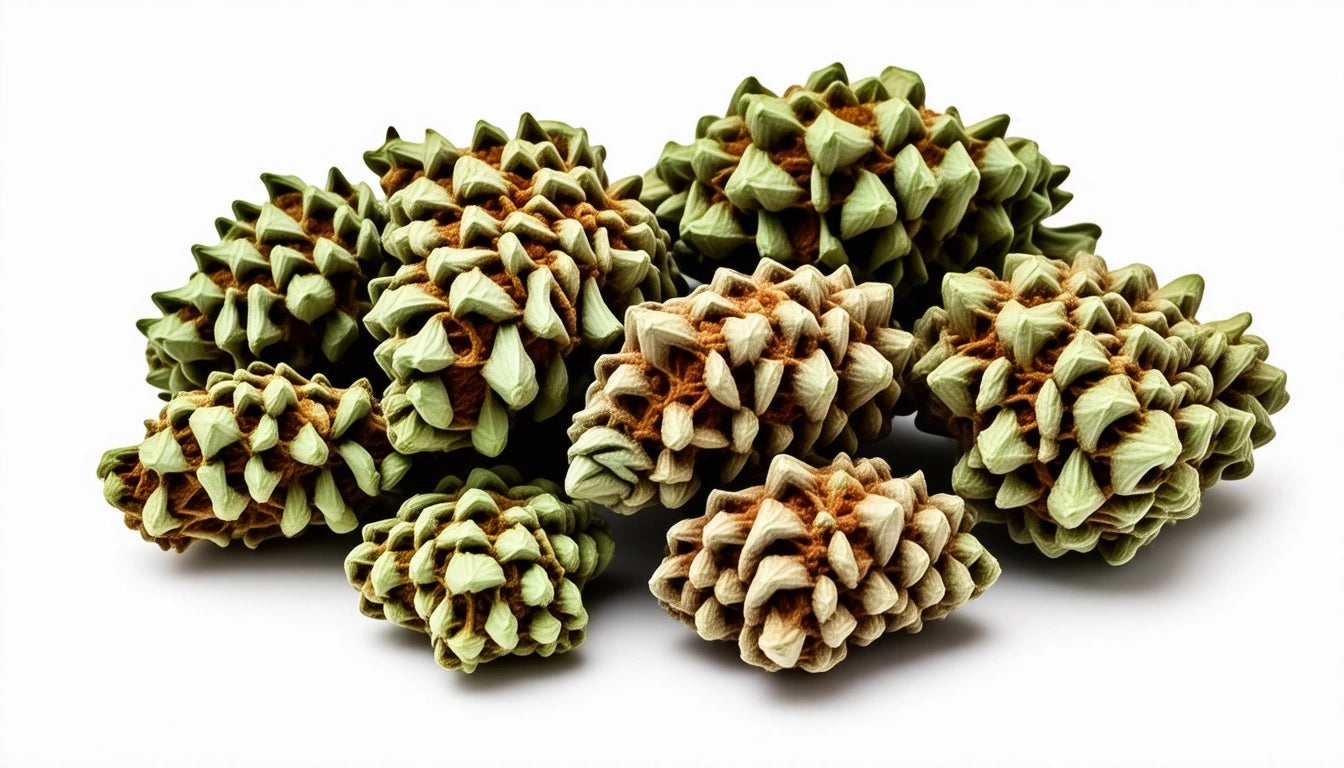Table of Contents
- Understanding Marijuana's Effects: Depressant, Stimulant, or Both?
- Potential Benefits of Marijuana for Depression
- Risks and Concerns: Can Weed Cause or Worsen Depression?
- Marijuana and Antidepressants: Important Interactions
- Strain Selection and Consumption Methods for Depression
- Current Research and Recommendations for Depression Management
The Complex Relationship Between Marijuana and Depression: Benefits, Risks, and Considerations
Depression affects millions worldwide, leading many to explore alternative treatments including marijuana. The question of whether cannabis helps or hinders depression is multifaceted, with research pointing to both potential benefits and risks. This article examines the complex relationship between marijuana and depression, offering evidence-based insights for those considering cannabis as part of their mental health management.
Understanding Marijuana's Effects: Depressant, Stimulant, or Both?
A common question is whether marijuana is a depressant or stimulant. The answer isn't straightforward, as cannabis can produce effects associated with multiple drug classifications:
- As a depressant: Cannabis can slow brain activity, induce relaxation, and reduce anxiety
- As a stimulant: It may increase heart rate and temporarily boost mood and energy
- As a hallucinogen: Higher doses can alter perception and sensory experiences
This versatility stems from marijuana's complex chemical profile, particularly its cannabinoids THC and CBD, which interact with the body's endocannabinoid system. This system plays a role in regulating mood, stress response, and other functions relevant to depression. Research on cannabis and brain chemistry shows that marijuana can influence dopamine levels, a neurotransmitter associated with pleasure and mood regulation.
Potential Benefits of Marijuana for Depression
Some evidence suggests cannabis may help alleviate certain depression symptoms:
Mood Elevation
THC can temporarily increase dopamine release, potentially creating short-term mood improvement. This effect leads some to ask, "Does weed help with depression?" While many users report subjective mood benefits, these effects are typically temporary and vary significantly between individuals.
Anxiety Reduction
For those whose depression is accompanied by anxiety, certain cannabis strains, particularly those high in CBD, may provide relief. The relationship between weed and anxiety is complex, but some find that appropriate dosing helps calm racing thoughts and reduce physical tension.
Sleep Improvement
Depression often disrupts sleep patterns, and some indica strains may help with insomnia. Better sleep can indirectly improve depressive symptoms, creating a potential pathway for cannabis to support mental health. Our specialized equipment for precise cannabis dosing can help ensure consistent results when preparing sleep-focused formulations.
Risks and Concerns: Can Weed Cause or Worsen Depression?
Despite potential benefits, several risks must be considered when examining if weed causes depression:
Dependency and Withdrawal
Regular, heavy cannabis use can lead to psychological dependency. When asking "can quitting weed cause depression," research suggests that withdrawal symptoms may include temporary mood disturbances, irritability, and worsened depression for some individuals.
Amotivational Syndrome
Long-term, heavy use has been associated with reduced motivation and apathy in some users, potentially exacerbating depression symptoms. This phenomenon may be particularly problematic for those already struggling with low energy and reduced interest.
THC and Vulnerability
High-THC products may increase risk for certain vulnerable individuals. Research on cannabis and mood disorders indicates that those with certain genetic predispositions or existing mental health conditions may experience adverse effects.
Marijuana and Antidepressants: Important Interactions
For those wondering "can you smoke weed while on antidepressants," it's important to understand potential interactions:
- SSRIs and cannabis may compete for metabolism by the same liver enzymes
- Combining marijuana with certain antidepressants could potentially increase side effects
- Cannabis might alter the effectiveness of some psychiatric medications
Always consult healthcare providers before combining cannabis with any prescription medication. This is especially important with psychiatric medications where interactions could impact treatment efficacy or safety.
Strain Selection and Consumption Methods for Depression
If considering cannabis for depression symptoms, strain selection matters significantly:
CBD-Dominant Strains
Strains with higher CBD and lower THC ratios may offer anxiety relief with fewer psychoactive effects. CBD has shown promise for anxiety and depression in preliminary studies, though more research is needed.
Balanced Hybrids
Some find that balanced hybrid strains provide mood elevation without excessive sedation or stimulation. Certain strains are specifically noted for their potential to address depression symptoms.
Consumption Methods
The method of consumption affects onset time and duration of effects:
- Vaporizing offers faster onset with more controlled dosing
- Edibles provide longer-lasting effects but are harder to dose precisely
- Tinctures allow for sublingual administration with moderate onset time
Current Research and Recommendations for Depression Management
The scientific consensus on cannabis for depression remains in development. Current medical research suggests cannabis should not be considered a first-line treatment for clinical depression.
For those considering marijuana for depression management:
- Consult healthcare providers, particularly those knowledgeable about cannabis
- Consider cannabis as a complementary approach rather than replacement for evidence-based treatments
- Start with low doses and CBD-dominant products if new to cannabis
- Monitor mood changes and be willing to discontinue use if negative effects occur
- Maintain open communication with mental health providers about cannabis use
While anecdotal reports suggest cannabis may help some individuals with depression symptoms, scientific evidence remains preliminary. The relationship between marijuana and depression continues to be an active area of research, with much still to be learned about long-term effects, optimal approaches, and which populations might benefit most.











Leave a comment
All comments are moderated before being published.
This site is protected by hCaptcha and the hCaptcha Privacy Policy and Terms of Service apply.